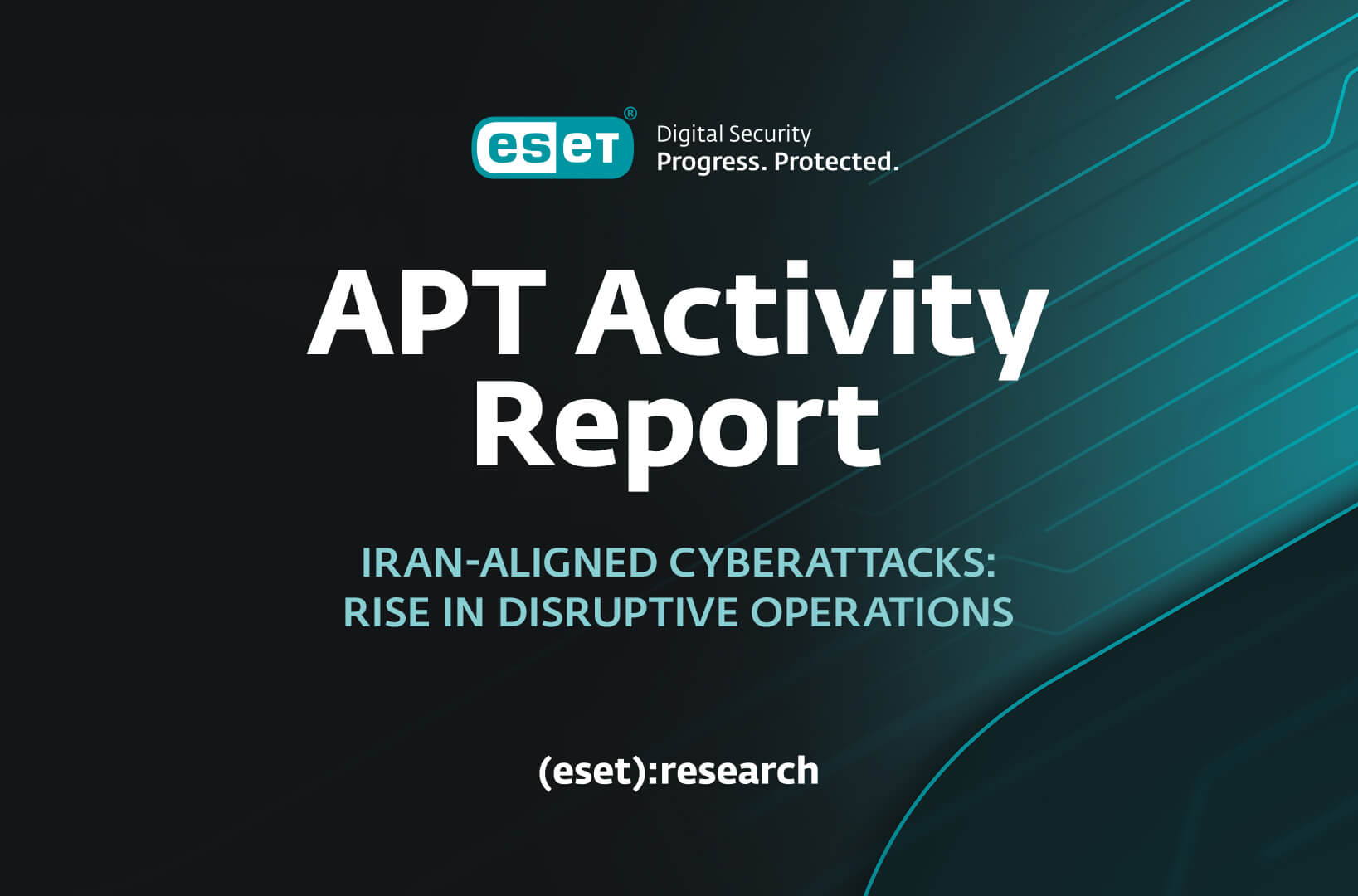
As
children’s
safety
and
privacy
online
becomes
a
matter
of
increasing
urgency,
lawmakers
around
the
world
push
ahead
on
new
regulations
in
the
digital
realm
Tomorrow
is
Safer
Internet
Day
(SID),
an
annual
awareness
campaign
that
started
in
Europe
in
2004
and
that
aims
to
highlight
the
need
for
people
to
enjoy
the
benefits
of
the
internet
while
mitigating
their
exposure
to
online
risks.
Now
in
its
20th
edition,
SID
has
evolved
into
a
landmark
event
in
the
global
digital
safety
calendar,
with
a
range
of
supporting
organizations
from
all
over
the
world
working
together
for
a
better
internet.
This
challenge
becomes
even
bigger
and,
indeed,
more
acute
when
it
comes
to
keeping
children,
teens
and
tweens
safe.
During
the
pandemic,
kids’
screen
time
increased
1.5
times,
making
millions
of
overly
confident
digital
natives
vulnerable
to
scams,
cyberbullying,
abuse
and
doxing.
As
overwhelmed
parents,
caregivers
and
educators
are
trying
to
keep
up
with
the
ever-changing
realities
of
the
online
world
and
the
growing
and
emerging
risks,
kids’
digital
safety
has
evolved
into
a
global
concern.
Whether
you
are
a
caregiver,
educator,
researcher
or
have
a
role
in
policymaking,
there’s
a
lot
we
could
all
be
doing
to
facilitate
healthy
digital
behaviors
in
the
younger
and
future
generations.
FIRST:
From
governments
to
civic
organizations
Despite
all
the
risks,
it
is
important
to
remember
the
benefits
of
technology:
access
to
information,
learning
opportunities,
socialization,
discovery
of
different
cultures
and
places,
and
more.
Kids
are
exposed
to
an
unprecedented
amount
of
knowledge.
And,
inevitably,
they
will
grow
up
immersed
in
technology
and
interconnectivity,
making
it
even
more
relevant
to
prepare
them
for
the
online
world
just
as
we
do
for
any
other
part
of
their
daily
well-being.
And
while
parents
and
educators
are
in
the
spotlight,
it
is
safe
to
say
that
the
way
we
take
care
of
our
kids
is
regulated
by
the
work
of
lawmakers
who
bring
into
national
legislation
the
matters
agreed,
for
example,
in
the
Convention
of
the
Rights
of
the
Child.
Thus,
lawmakers
have
an
especially
important
job
when
it
comes
to
ensuring
the
privacy
and
safety
of
kids
online.
Several
government
entities
at
different
levels
have
been
working
to
help
ensure
the
protection
of
children
online.
For
example,
the
European
Commission’s
2022
Strategy
for
a
better
internet
for
kids
(BIK+)
is
“the
digital
arm
of
the
rights
of
the
child
strategy
and
reflects
the
recently
proposed
digital
principle
that
‘Children
and
young
people
should
be
protected
and
empowered
online.’”
It
includes
several
recommendations
on
developing
age
identification
methods,
a
cyberbullying
helpline
and
the
need
for
cooperation
with
trusted
flaggers
to
swiftly
assess
and
take
down
illegal
content.
In
parallel,
the
EU’s
Digital
Services
Act
(DSA)
requires
that
companies
“put
the
interests
of
children
at
the
forefront
of
their
considerations.”
Simultaneously,
a
similar
discussion
is
taking
place
in
the
United
States
with
the
Children
and
Teens’
Online
Privacy
Protection
Act
(COPPA
2.0)
and
the
Kids
Online
Safety
Act
(KOSA).
The
former
builds
on
the
existing
COPPA
law
that
among
other
things,
aims
to
protect
children
younger
than
13
from
websites
and
online
services
that
ask
for
their
personal
information
by
requesting
parental
consent
with
the
data
collection
and
use.
The
latter,
meanwhile,
recognizes
“the
role
of
social
media
platforms’
in
the
mental
health
crisis”
of
children
and
teens.
The
act
is
expected
to
create
a
“duty
of
care”
under
which
social
media
platforms,
streaming
services
and
video
game
makers
are
responsible
for
preventing
harmful
behaviors
toward
minors,,
for
example
by
implementing
new
content
filters
and
giving
new
tools
for
parents.
To
finalize
these
proposed
laws,
both
EU
and
US
lawmakers
have
looked
to
civic
organizations,
informal
groups,
NGOs
and
researchers
for
advice.
In
the
US
case,
due
to
the
specific
nature
of
this
law,
the
members
of
Congress
responsible
for
KOSA
included
in
their
hearings
the
parents
of
kids
who
died
due
to
the
harmful
effect
of
social
media,
thus
making
their
voices
heard.
On
the
other
hand,
as
the
legislation
made
its
way
to
the
US
Senate,
several
organizations,
including
the
Center
for
Democracy
and
Technology,
the
Wikimedia
Foundation
and
the
Yale
Privacy
Lab,
addressed
a
letter
to
the
upper
chamber
of
the
Congress
alerting
for
the
potential
“unintended
consequences”
of
passing
KOSA.
According
to
these
organizations,
“content
filtering
is
notoriously
imprecise; filtering
used
by
schools and libraries in
response
to
the
Children’s
Internet
Protection
Act
(CIPA)
has
curtailed
access
to
critical
information
such
as
sex
education,”
but
KOSA
could
also
have
“the
practical
effect
of
enabling
parental
surveillance
of
15-
and
16-year-olds.”
SECOND:
From
academics
and
researchers
to
educators
In
October
2022,
four
university
researchers
from
North
Carolina
published
a
study
called
“Teacher
and
School
Concerns
and
Actions
on
Elementary
School
Children
Digital
Safety”.
The
paper
–
published
in
TechTrends,
a
journal
for
professionals
in
the
educational
communication
and
technology
field
–
echoed
the
concerns
of
schoolteachers
over
children’s
digital
safety,
alerting
that
“while
children
know
the
online
world
at
a
younger
age,
they
do
not
yet
know
how
to
navigate
the
world
safely
in
terms
of
privacy
and
security.”
Instead,
teachers
are
left
to
“support
the
digital
safety
of
their
students
by
developing
their
own
professional
knowledge
of
digital
safety.”
These
researchers
allowed
a
unique
perspective
on
the
problems
teachers
face
by
exploring
their
experiences
on
students’
digital
safety,
allowing
for
a
categorization
of
five
important
areas
of
concern:
-
Content-related:
searching
for
inappropriate
material
and
accessing
inappropriate
websites -
Contact-related:
inappropriate
contact
with
strangers
online,
sharing
information
without
perceiving
risk -
Conduct-related:
cyberbullying,
inappropriate
peer
interaction,
lack
of
awareness
of
digital
footprint -
Contract-related:
lack
of
awareness
of
digital
security
and
privacy -
Home-related:
lack
of
parental
monitoring
of
online
activity
Ultimately,
this
work,
among
other
scientific
research,
reflects
teachers’
experience
and
is
an
important
resource
for
legislators
and
others
who
develop
internet
safety
guidelines.
THIRD:
Parents
and
caregivers
According
to
a
Pew
Research
Center
survey
from
December
2022,
46%
of
US
teens
aged
13
to
17
have
been
bullied
or
harassed
online.
Among
the
most
common
types
of
harassment
are
name-calling,
spreading
of
false
rumors,
receiving
unsolicited
messages
with
explicit
content,
receiving
requests
for
personal
information,
receiving
physical
threats
or
the
sharing
of
messages
without
consent.
Meanwhile,
in
a
separate
questionnaire,
parents
revealed
their
biggest
concern
is
their
teens’
exposure
to
explicit
content
along
with
wasting
time
on
social
media
and
being
distracted
from
homework.
Being
harassed
or
bullied
was
a
concern
for
only
29%
of
parents.
Being
a
caregiver
in
the
digital
era
is,
undoubtably,
a
tremendous
task
that
requires
constant
awareness,
updated
knowledge
and,
no
less
importantly,
enough
time:
time
to
talk
about
digital
safety,
time
to
spend
discovering
all
the
apps
kids
use
and
all
the
games
they
play,
and
time
to
set
up
parental
controls
and
oversee
children’s
online
activity.
And
while
school
and
work
used
to
have
a
time
and
space,
home
offices
and
schooling
from
home
have
changed
that.
While
the
work
of
lawmakers
should
make
it
easier
for
parents
to
ensure
their
kids’
safety,
that
is
not
always
the
case.
Just
recently,
several
streaming
services
and
social
media
platforms
started
requesting
kids’
birthdates
in
order
to
continue
providing
their
services,
leaving
parents
baffled
and
uncertain:
should
they
give
away
such
personal
information?
Or
should
they
provide
it
to
ensure
their
kids
are
watching
age-appropriate
content?
New
legislation
on
kids’
online
privacy
and
safety,
including
COPPA
2.0,
KOSA
and
California’s
new
Child
Privacy
Law,
are
pushing
the
companies
behind
these
services
to
request
detailed
information
in
order
to
ensure
their
compliance
with
the
legislation.
The
problem,
however,
is
that
while
kids
still
have
a
small
digital
footprint,
they
might
become
more
subject
to
targeted
ads
and
recommendations.
Moreover,
the
risk
of
a
leak
involving
more
detailed
information
about
a
kid
makes
them
more
susceptible
to
malicious
actors.
@DisneyPlus
why
do
you
need
this
information
for
my
kids
to
watch?
You
don’t
pic.twitter.com/KO7PFOHJ9k—
Eric
M
(@cardsfan42)
January
4,
2023
Small
rules
we
can
all
enforce
As
the
distinction
between
“online”
and
“offline”
seems
to
be
fading
or
even
becoming
obsolete,
finding
the
best
way
to
guide
kids
through
the
complexities
of
safety,
privacy,
abuse,
and
the
difference
between
“what’s
funny”
and
“what’s
damaging”
can
be
extremely
overwhelming.
So
while
we’re
all
figuring
this
out,
there
are
a
few
small
infallible
things
we
can
tell
kids
right
now:
-
You
don’t
know
who
is
on
the
other
side
of
the
screen. -
Never
share
personal
information
(name,
address,
school,
etc.)
with
people
on
the
internet. -
Use
a
nickname
and
an
avatar. -
Don’t
argue
online. -
Don’t
let
anyone
argue
with
you
online.
Block
them
and
tell
an
adult. -
Never
meet
an
online
stranger
in
person,
just
like
you
wouldn’t
enter
a
stranger’s
car. -
What
happens
on
the
internet,
stays
on
the
internet
–
forever.
Nothing
is
secret. -
Even
disappearing
messages
can
live
forever
if
someone
takes
a
screenshot. -
Even
friends
can
share
something
you
asked
them
not
to
share
with
anyone,
so
don’t
send
things
you
don’t
want
anyone
else
to
see. -
Don’t
let
friends
take
your
devices
and
play
with
them
without
your
supervision.








